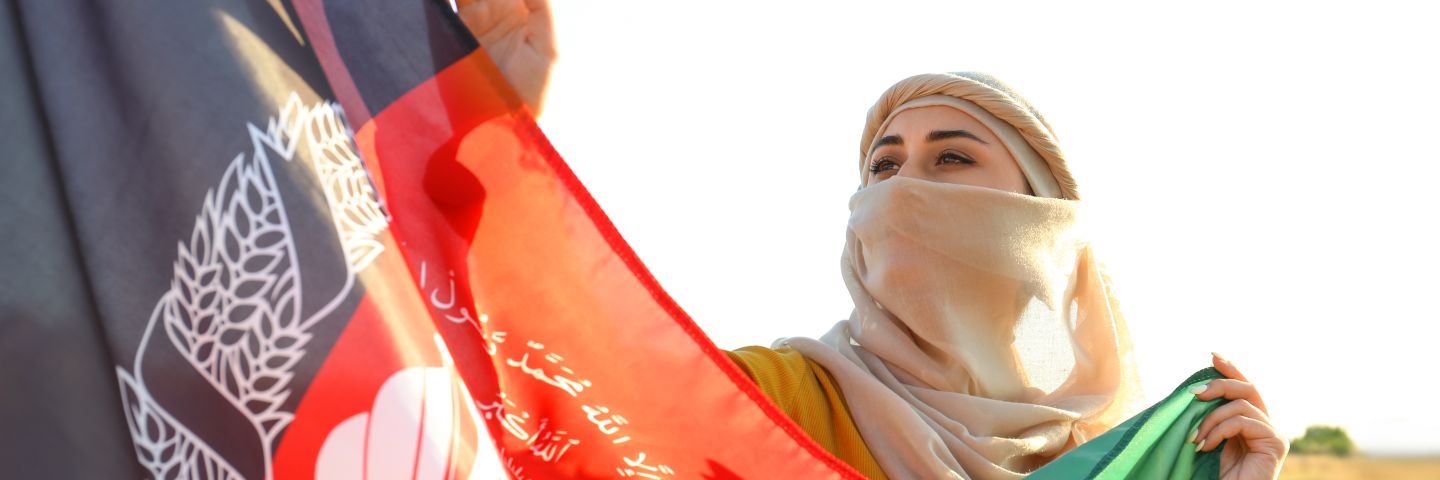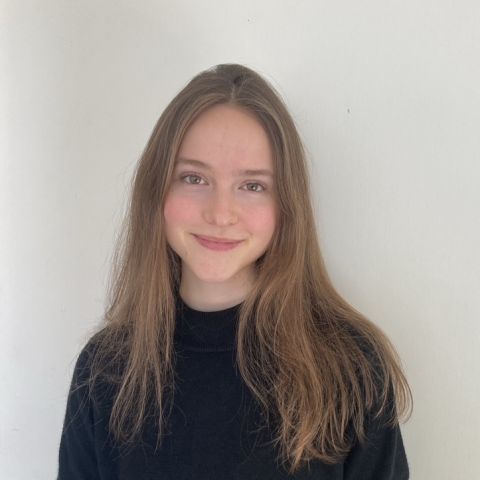Harrop and Ruth Freeman Prize in Peace Studies
The 2024-25 Freeman Prize goes to Cornell seniors who have demonstrated a commitment to working for world peace. McKenzie Carrier is this year’s winner for her achievements and continuing work in peace activities.
McKenzie Carrier was a double major in government and Spanish with minors in law and society, English, Latin American studies, and European studies. While at Cornell, she engaged in research as a Laidlaw Scholar and research assistant with the Xenophobia Meter Project (XMP) at Cornell Law School. In these roles, she studied the efficacy of Spain’s migrant protection network through primary-source analyses of UN communiques. She worked alongside the XMP team to develop strategies to identify and target anti-migrant speech online. She also served as the editor-in-chief of the Cornell International Affairs Review, an academic journal dedicated to publishing undergraduate, postgraduate, and expert scholarship on contemporary international affairs and international relations.
McKenzie’s work in peace and conflict studies focused on both domestic and international topics of democracy and effective governance. She was an ethics, rule of law, and accountability research intern for Ambassador Norm Eisen at the Brookings Institute, where she spent a semester alongside the team working to combat the erosion of the rule of law in the US and to hold insurrectionists and false electors accountable for their democracy-undermining acts. Later, as an Einaudi Global Intern, she traveled to Spain to work with scholars and government officials, exploring the application of collaborative governance techniques to Basque Country following the heightened period of violent radicalization and terror during the conflict between the ETA separatist group and the Spanish government.
Looking Ahead
Next year, McKenzie will be a Gaither Junior Fellow at the Carnegie Endowment for International Peace. There, she will have the opportunity to work with scholars in the Democracy, Conflict, and Governance program who aim to promote peace on a global scale through the study of emerging technologies, democratic backsliding, political polarization, and conflict.


